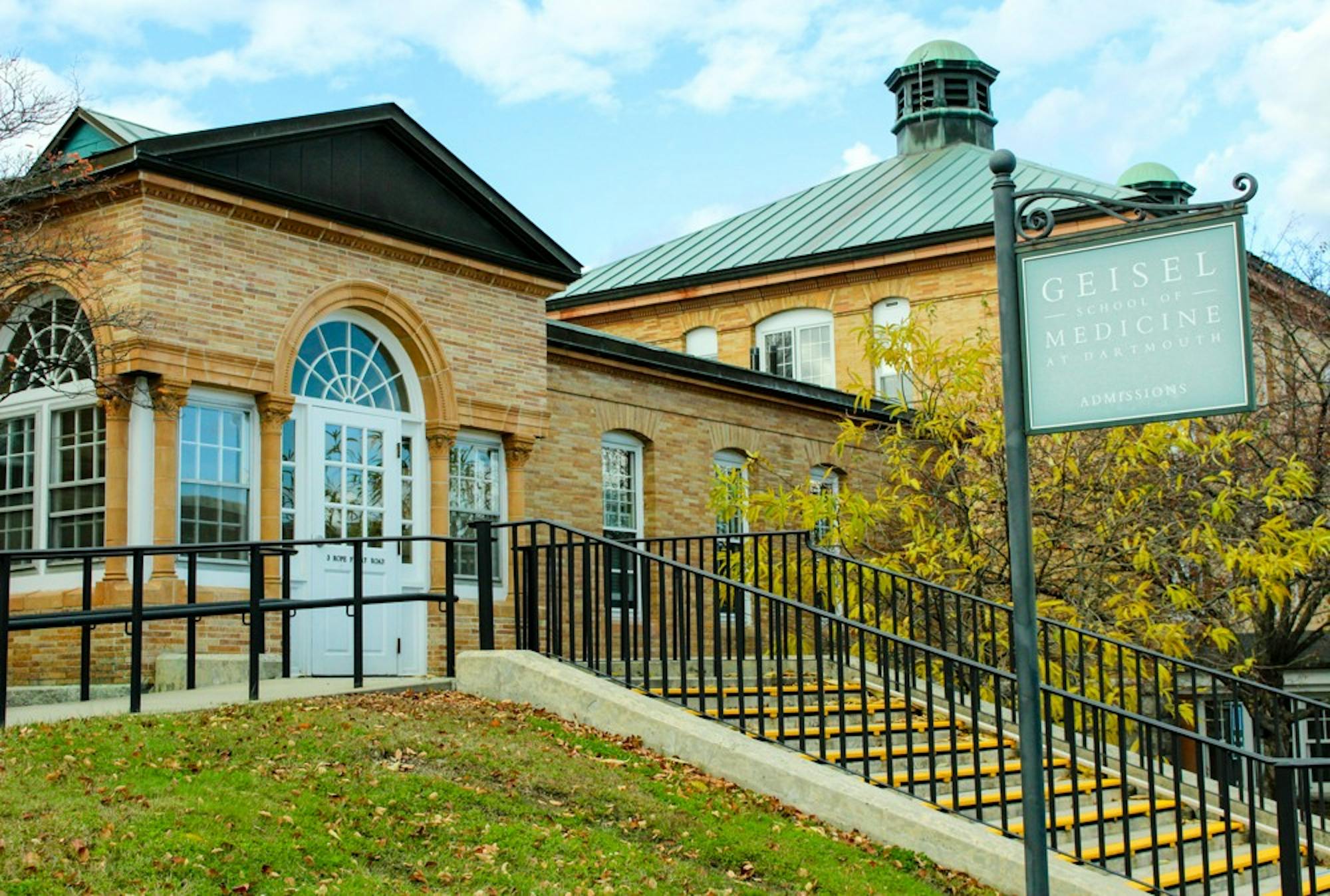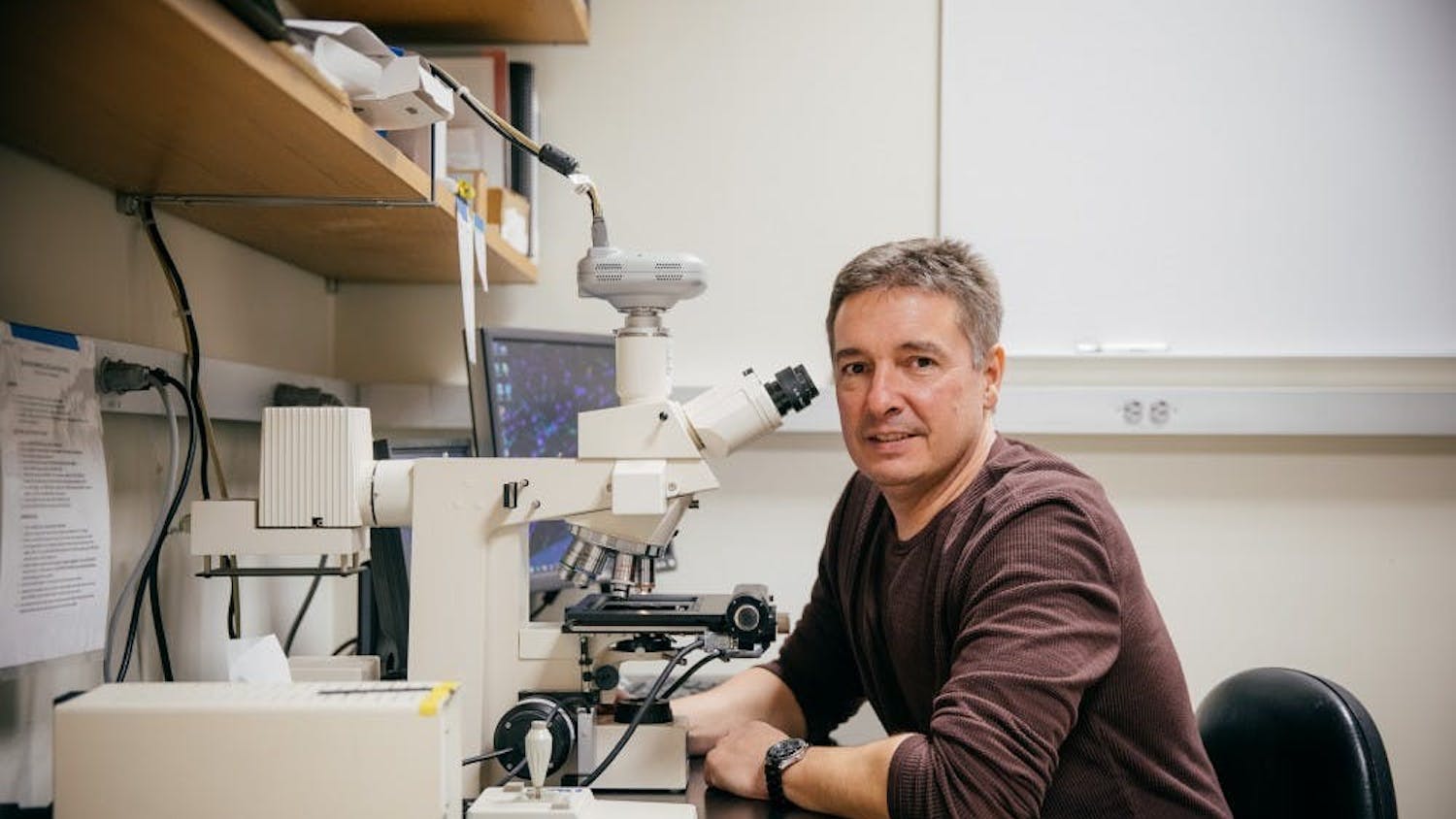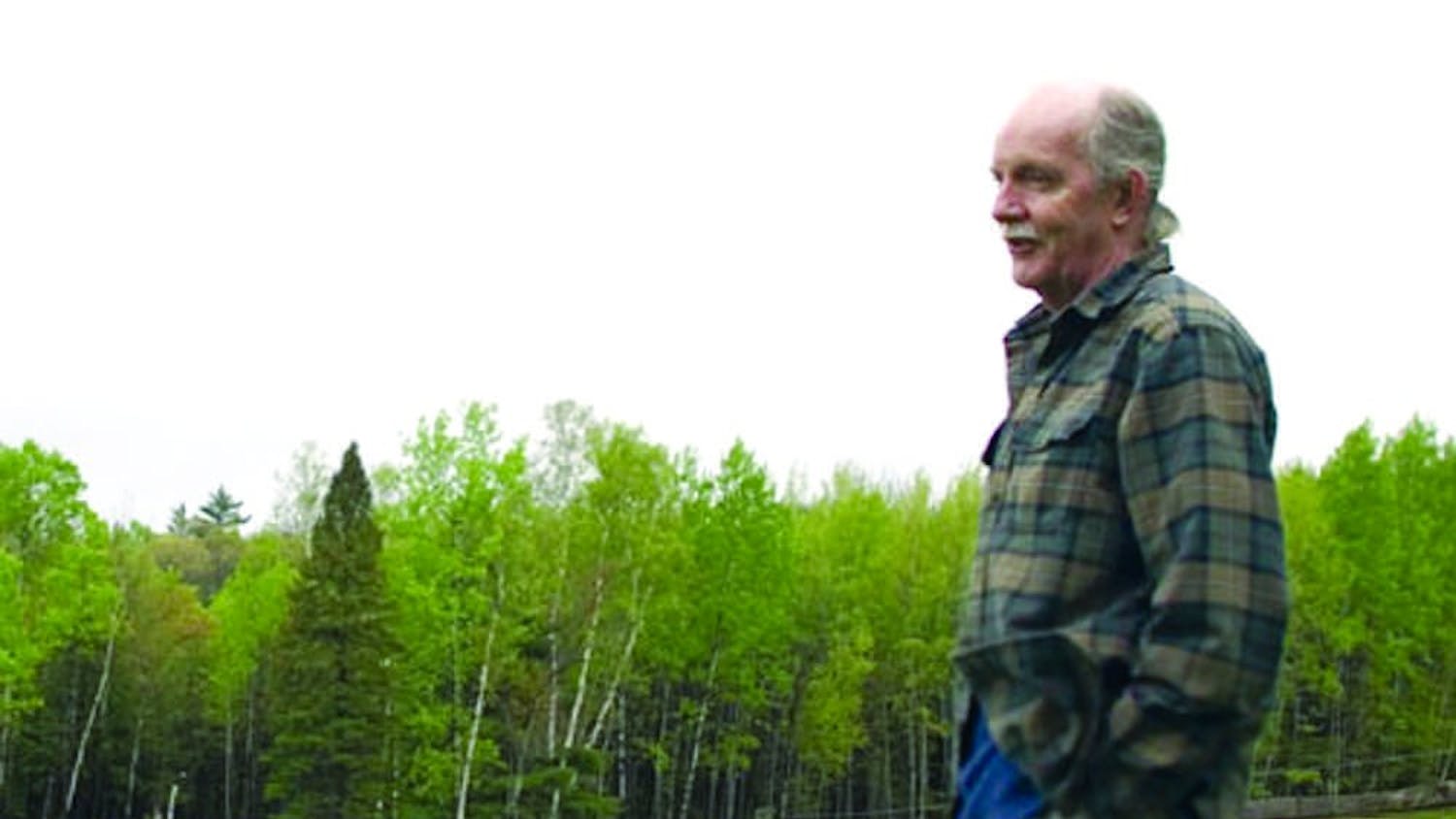At Dartmouth, courage is ubiquitous. Students and faculty members alike are constantly summiting new peaks, both literal and figurative. Because courage is so common here, it can often go unnoticed or unrecognized. However, there is one award that recognizes courageous acts in a unique way. The C. Everett Koop Courage Award was established in 2005 to honor students and faculty members who have shown courage in the quest for better health care.
C. Everett Koop ’37 was passionate about public health. Specifically, Koop fought to improve nutrition, campaign for a “smoke-free nation,” increase public awareness of the dangers of smoking and educate the public on HIV/AIDS and its transmission. In 1992, Koop founded the C. Everett Koop Institute at the Geisel School of Medicine. According to James Sargent, director of the Koop Institute, one of the main goals of the institute is to promote discussion about the role that large corporate entities play in mass producing products that cause health problems.
In May 2019, the faculty recipient of the C. Everett Koop Courage Award was Peter Mason, a professor of community and family medicine at Geisel. Mason works to improve healthcare for the Medicaid population. According to Mason, there are approximately 29,000 Medicaid recipients in the Upper Valley region. Mason also works with individuals in recovery from opioid use disorder and teaches around the state about medication for addiction treatment. Mason strives to correct public misconceptions concerning opioid use.
“[My colleagues and I] are trying to decrease the stigma and have people understand that [opioid use] is a medical condition that’s treatable and not a moral choice,” Mason said.
Mason’s work comes at a time when opioid use is a growing concern, particularly in the state of New Hampshire. According to the National Institute of Health, New Hampshire is one of the five states with the highest death rates from opioids.
Additionally, Mason is passionate about providing health care to those who cannot afford it.
Peter Mason, along with Paul Manganiello, founded Good Neighbor Health Clinics in White River Junction 27 years ago. Mason noted that the clinic started out as a small volunteer operation and is now a successful health care facility. According to the clinic’s website, Good Neighbor Health Clinics is a non-profit free clinic that provides medical and dental care to Upper Valley adults who are uninsured or underinsured. The clinic’s mission is the make health care more accessible.
While Mason has been helping the Upper Valley community since 1981, he has taken his passion for health care beyond the Northeast. For over 20 years, Mason, along with other Upper Valley community members, have ran a clinic in the mountains of Honduras. According to Valley News, this clinic was started with the help of Upper Valley-based volunteer organization Americans Caring, Teaching, Sharing. ACTS volunteers travel to the rural farming village of El Rosario, Honduras to provide medical care and improve the overall quality of life of the villagers. The clinic focuses on continued care to provide long-lasting solutions. For example, ACTS volunteers constructed latrines in the village to reduce the incidence of gastrointestinal and respiratory diseases.
Mason noted that the reason he received the Koop Courage Award was not clearly outlined; however, during the awards ceremony, it was emphasized that Mason offered constructive criticism to local medical centers in the Upper Valley.
Mason’s actions demonstrate the characteristics that Sargent said the Koop Institute looks for in choosing a recipient for the award.
“We try to honor somebody who has had courage in their professional career to stand up for what’s right and speak out against what’s wrong,” Sargent said.
Additionally, Mason’s work benefits people who may not have the resources to help themselves.
It takes a lot of courage to tell people when they might be wrong and to take a stance against corporations with a lot of power and public influence, like C. Everett Koop did by pointing out the dangers of tobacco.
Mason’s work in the Upper Valley and Honduras has benefited many communities. Yet, he was still surprised to have received an award with ‘courage’ in the title.
“I’m a little surprised to have the term ‘courage’ applied to me because I think I’ve just done what I thought was right,” Mason said. “All along the way, I’ve had all kinds of people working with me, helping me, sharing my passion.”
In fact, Mason believes that he demonstrated the most courage in his early life and not in his most recent work.
“When I was 16 years old, I was at the March on Washington, where Martin Luther King Jr. delivered his ‘I Have a Dream’ speech, and I did a lot of anti-war demonstrating as well during the Vietnam War. So, if there was anything that I did that maybe had a little bit of courage, that might have been it,” Mason said.
C. Everett Koop’s and Peter Mason’s stories demonstrate that pursuing a career in health care is a courageous journey to embark upon, and undergraduate students are just at the beginning of that journey.
Maddie Doerr ’22, who is on the pre-med track, notes that it can be challenging at times to see how time-intensive courses, weekly laboratories and hours of research all contribute to an end goal.
“You have to be really careful about keeping your eyes set on the prize and knowing what your end goal is,” Doerr said.
Doerr added that while coming to Dartmouth — a place far from home without any familiar faces — initially felt like a courageous act, she ultimately recognized that it was necessary for personal growth.
“If you’re not out of your comfort zone a little bit, you’re not growing and changing as a person,” Doerr said.
This highlights why courage can be so hard to define. Courage is not always obvious. Sometimes, the most courageous acts don’t feel particularly courageous or bold at all; they just feel right.




